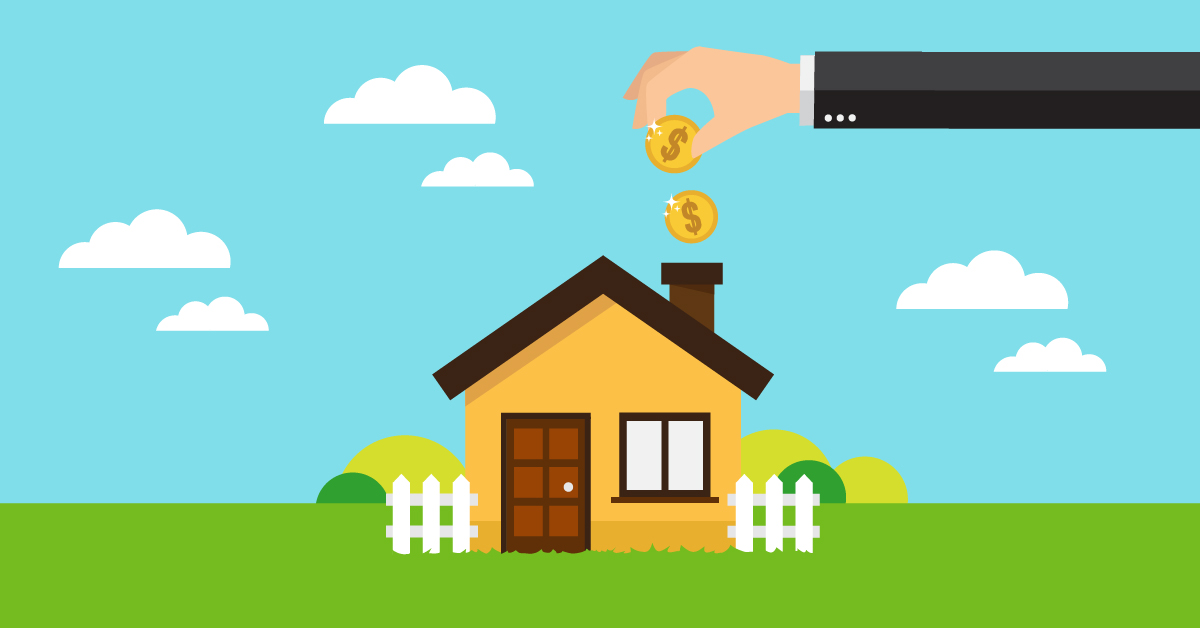How a No Closing Cost Refinance Mortgage Really Works
Loans are never ‘free’ – certain costs are always associated with obtaining a mortgage. One of the biggest obstacles to refinancing a mortgage is the expense involved. These include the lender or broker settlement costs, processing, appraisal and underwriting fees, escrow charges, title insurance premiums, and payments to third parties. All these expenses can add up to several thousand dollars and may make it difficult for homeowners, who could greatly benefit from refinancing, to cover the costs. Therefore, the term ‘refinance no closing cost mortgage’ has a great appeal for homeowners.
What Is a No Closing Cost Refinance?
A ‘no closing cost refinance’ doesn’t typically have a universal definition. It refers to a mortgage refinance devoid of lender fees, out-of-pocket costs or upfront charges.
Though it may apparently seem as if the lender has to bear the closing costs, the entire burden of such costs is ultimately transferred onto the borrower. Consequently, it either bumps up the interest rate or increases the total principal balance.
No Closing Cost Mortgage Means Higher Interest Rate
It is a straightforward trade that makes you pay nothing now, but pay more over the mortgage lifespan in the form of higher interest rates.
A refinance no closing cost mortgage is a necessity for some borrowers as they don’t have enough cash needed to pay the necessary expenses during closing.
When Is a No Closing Cost Refinance a Good Idea?
Paying upfront charges for lower mortgage rate will probably be a poor choice if you are planning to move or upgrade to a more expensive house within a few years, or you frequently refinance. In this case, a refinance no closing cost mortgage may actually be a more advantageous option.
In fact, if you only aim to sell or refinance just a few months or years later, you won’t ever realize the savings by opting for a lower interest rate. However, paying a little up front may enable you to save more in the future, especially when you plan to live in the home for five or more years.
You may also prefer paying a slightly higher interest rate and waiving the closing costs when you need the funds for renovation expenses for your home.
Note that refinance no closing cost mortgages are not inherently good or bad, or a scam or trick. The expense is either paid upfront or in several payments over time. The associated advantage or cost will typically depend on a borrower’s unique financial situation, what the costs are and how the loan rate will be impacted. Therefore, you should always do thorough calculations and compare all your options before signing the mortgage document.
It is suggested to negotiate with your lender to determine what their best interest rate is. Only then should you communicate your interest in are finance no closing cost mortgage, otherwise you may never know how much lower the rates could have been. This way you can assess the difference and make an appropriate decision.
If you would like more information about any of these mortgage types, please take 2 minutes and complete our online form and a mortgage specialist will get right back to you!


Leave a Reply
You must be logged in to post a comment.